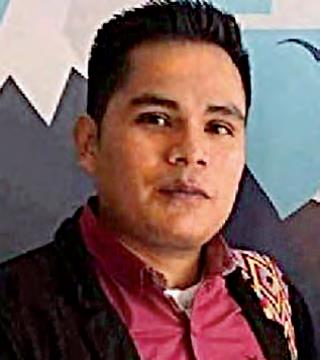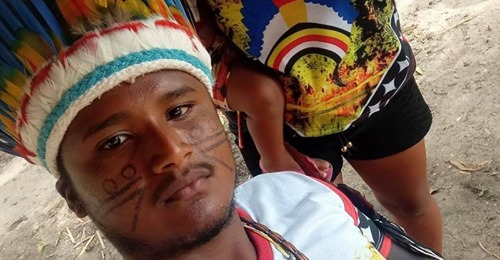Welcome to the March edition of our newsletter. There is an Urgent Action on Turkey, a public Statement in support of the Saturday mothers in Turkey , an update on the “El Hiblu 3” campaign and a toolkit devised by the Roma support group to help those who are supporting Roma children and families to register for settled status in the UK. Particularly teachers can play a vital role in preventing a humanitarian disaster from July with vulnerable children and families cut off from healthcare and public services. Please share all the actions with your groups, networks, family and friends.
We have a presence on the following :
https://www.facebook.com/AmnestyUKEurope
https://twitter.com/AmnestyUKEurope
Please like and share posts on the AmnestyUKEurope page and follow the Twitter account and retweeting posts would be very helpful.
We are recruiting a new Balkans coordinator and are still looking for a Western Europe coordinator.
Very best regards Ulrike and Chris
Turkey – Action Plan & Urgent Action
Failure to free Osman Kavala and Selahattin Demirtaş makes mockery of Erdogan’s “Human Rights Action Plan”
On 2 March Turkish President Recep Tayyip Erdogan unveiled a human rights “action plan” designed to strengthen the rule of law and judicial independence in a country that rights groups say lacks both. Its commitments include respecting the presumption of innocence and a speedier judicial process to reduce the length of pre-trial detention.
Erdogan said the plans’ ultimate goal was to lay the groundwork for a new constitution that he has promised to adopt by the time Turkey marks its centenary as a post-Ottoman republic in 2023.
“Our goal is to further strengthen the rule of law,” Erdogan said in televised remarks.
Although cautiously welcomed by some Members of the European Parliament the announcement has been greeted with considerable scepticism by many organisations like Amnesty that have long experience of monitoring human rights abuses in Turkey. Amnesty International’s Europe Director Nils Muižnieks pointed out that continued detention of individuals such as Osman Kavala and Selahattin Demirtasmakes “makes a mockery of President Erdoğan’s government’s attempts to whitewash systemic human rights abuses by unveiling a meaningless Human Rights Action Plan last week”.
Responding to the calls by the Council of Europe’s Committee of Ministers on the Turkish government to implement binding European Court of Human Rights judgments and release human rights defender, Osman Kavala and politician Selahattin Demirtaş, Muižnieks said:
“Osman Kavala and Selahattin Demirtaş have been arbitrarily and unjustly deprived of their liberty for years, despite the binding Court decisions that they be released.
“This action plan and Turkey’s generic platitudes cannot hide the reality: the ongoing imprisonment of these two men, and scores of others, for simply exercising their rights shows that in Turkey, freedom of expression is ruthlessly punished.
“Turkish authorities must release Kavala and Demirtaş, allow human rights defenders to do their work and stop putting undue pressure on their judges. It is high time that states across Europe tell Turkey that prosecuting and imprisoning people for political reasons is unacceptable.
“The Committee of Ministers’ decision to keep Turkey under its watch on a weekly basis is a welcome step ahead of an infringement procedure.”
Ironically, the announcement of the Human Rights Action plan also coincided with the announcement that Turkish prosecutors were seeking a two-year jail term for Istanbul Mayor Ekrem Imamoglu for insulting a former regional governor. Imamoglu is a top member of the opposition CHP party who upset Erdogan’s candidate in a 2019 local election. Turkish courts and prosecutors
are also conducting a number of investigations into the pro-Kurdish opposition HDP party that could see it shut down before Turks go to the polls again in two years’ time.
For a useful assessment of the new “Human Rights Action Plan” please read the IFEX (International Freedom of Expression Exchange) document accessible through the following link:
https://ifex.org/makeup-on-a-bedridden-patient-rights-experts-assess-turkeys-new-human-rights-action-plan/
New Urgent Action on Boğaziçi students
Amnesty has issued a Urgent Action in relation to the protests at Boğaziçi University. The earlier UA from January was issued when at least 45 students were detained during dawn raids between 5 to 7 January after their alleged participation in a protest at Boğaziçi University in Istanbul; they are now released but many among them had alleged torture or other ill-treatment and we called for an investigation into these allegations and bring law enforcement officers found to be responsible to justice. [Read more…]


